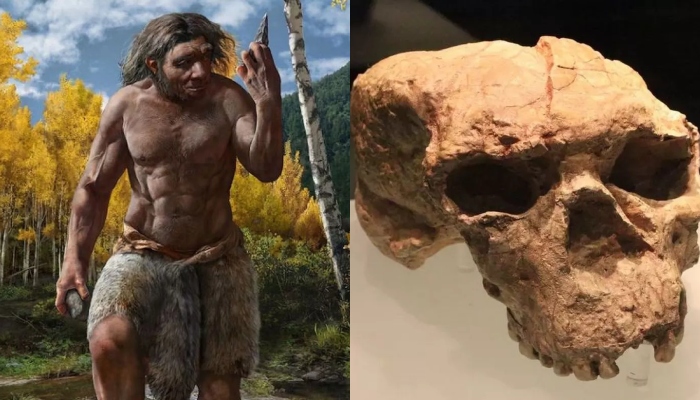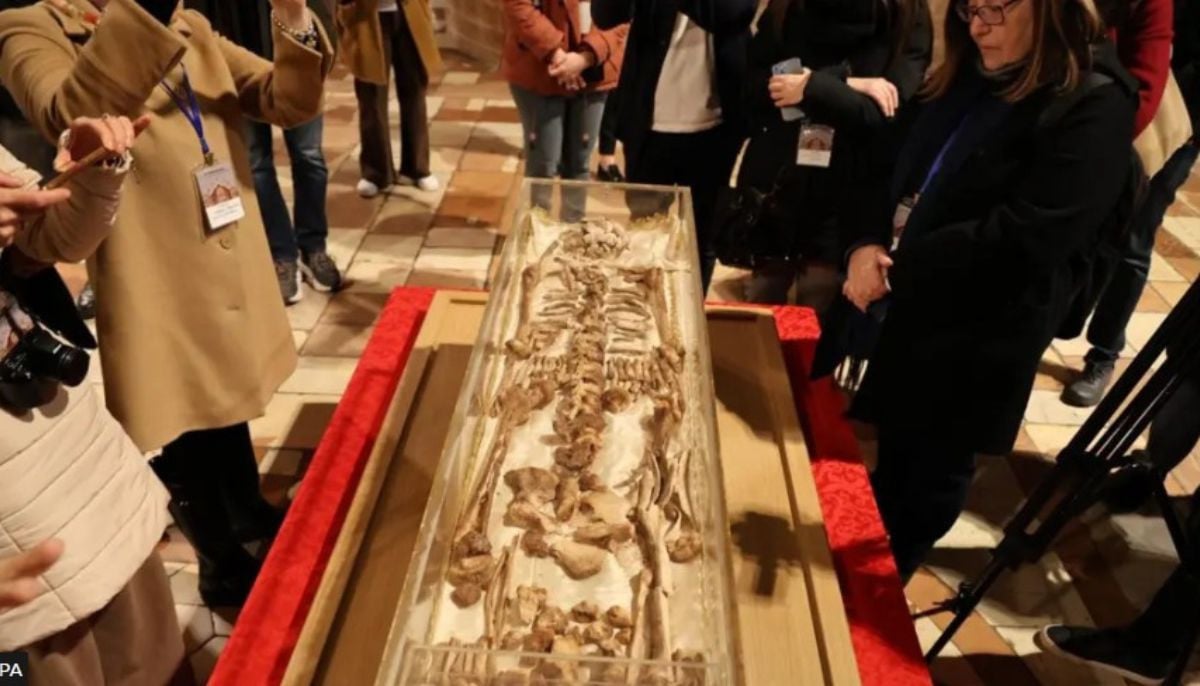1-million-year-old skull of Dragon Man finally found
Ancient Homo longi's 1-million-year-old skull found in China
A one-million-year-old skull has been found in China which is likely to belong to a species of a Dragon Man or an ancient human known as Homo Lungi.
In Yunyang District of Hubei province, Central China a pair of skulls belonging to an unknown human species were discovered in 1989 and 1990. This happened before a third similar skull was found nearby in 2022, according to Daily Star.
The preserved skull is now better reconstructed by the scientists. They also stated in a new paper that the individual is likely to have been close to the last common ancestor of H sapiens and the Dragon Man lineage.
A skull fossil, known as the Harbin cranium, became the discovery ground for the Dragon Man or Homo longi.
Large enough to hold a brain similar in size just like the modern human, the Harbin cranium is about 9 inches long and more than 6 inches wide.
“The reconstructed Yunxian 2 suggest that it is an early member of the Asian ‘Dragon Man’ lineage, which probably includes the Denisovans, and is the sister group of the Homo sapiens lineage,” the study authors wrote.
"Both the H sapiens and Dragon Man lineages had deep roots extending beyond the Middle Pleistocene, and the basal position of the Yunxian fossil cranium suggests it represents a population lying close to the last common ancestor of the two lineages," they added.
-
Sterling K. Brown's wife Ryan Michelle Bathe reveals initial hesitation before taking on new role
-
Rising energy costs put UK manufacturing competitiveness at risk, industry groups warn
-
Liza Minnelli recalls rare backstage memory with mum Judy Garland in new memoir
-
Armed intruder shot dead at Trump's Mar-a-Lago residence: US Secret Service
-
Kurt Russell spills the beans on his plans for milestone birthday this year: 'Looking forward to it'
-
11-year-old allegedly kills father over confiscated Nintendo Switch
-
Police officer arrested over alleged assault hours after oath-taking
-
Maxwell seeks to block further release of Epstein files, calls law ‘unconstitutional’












